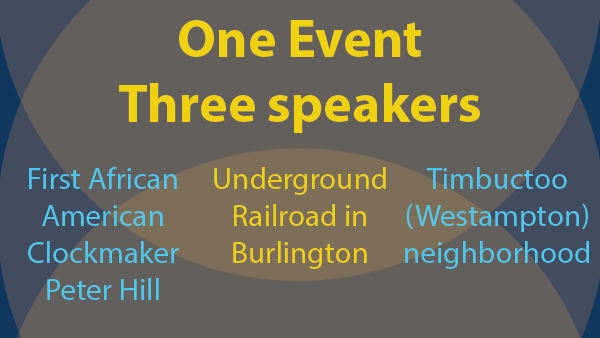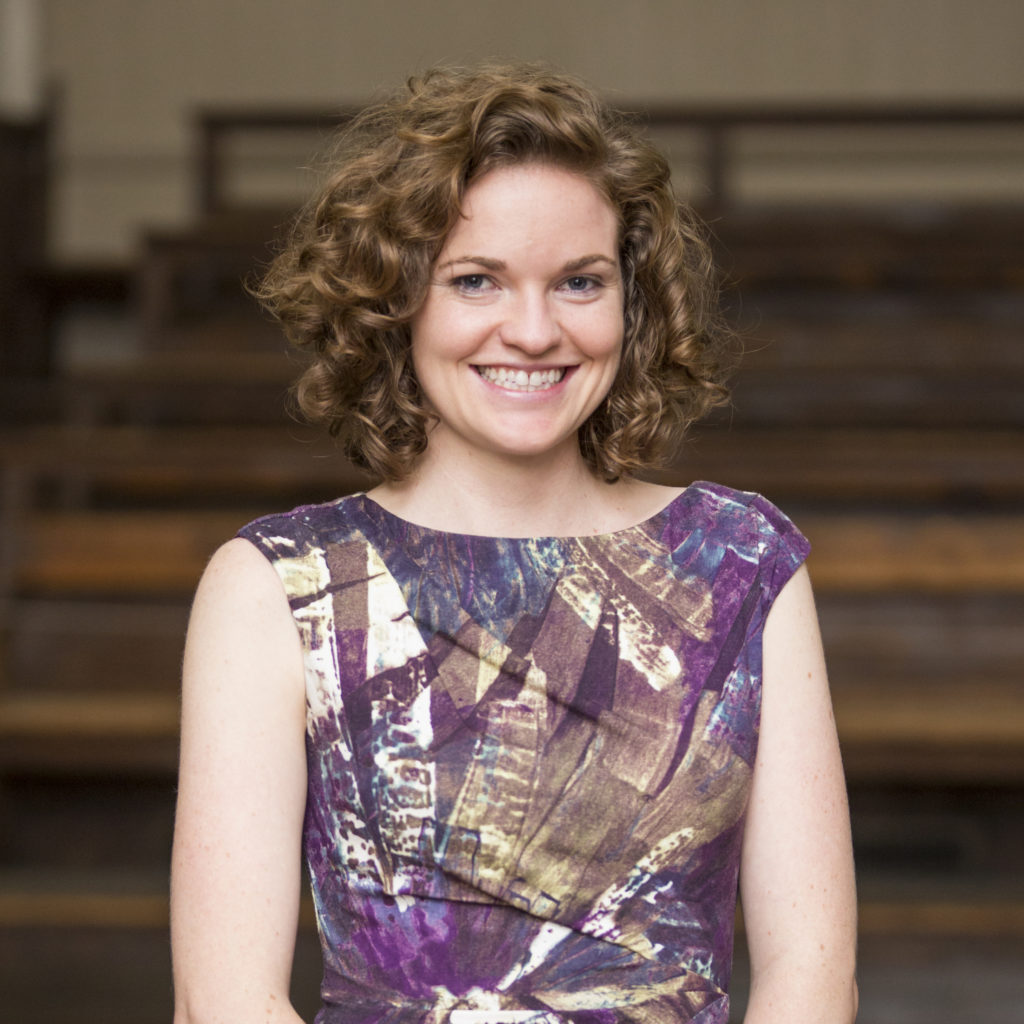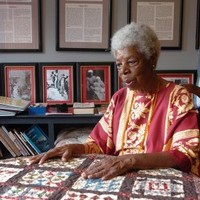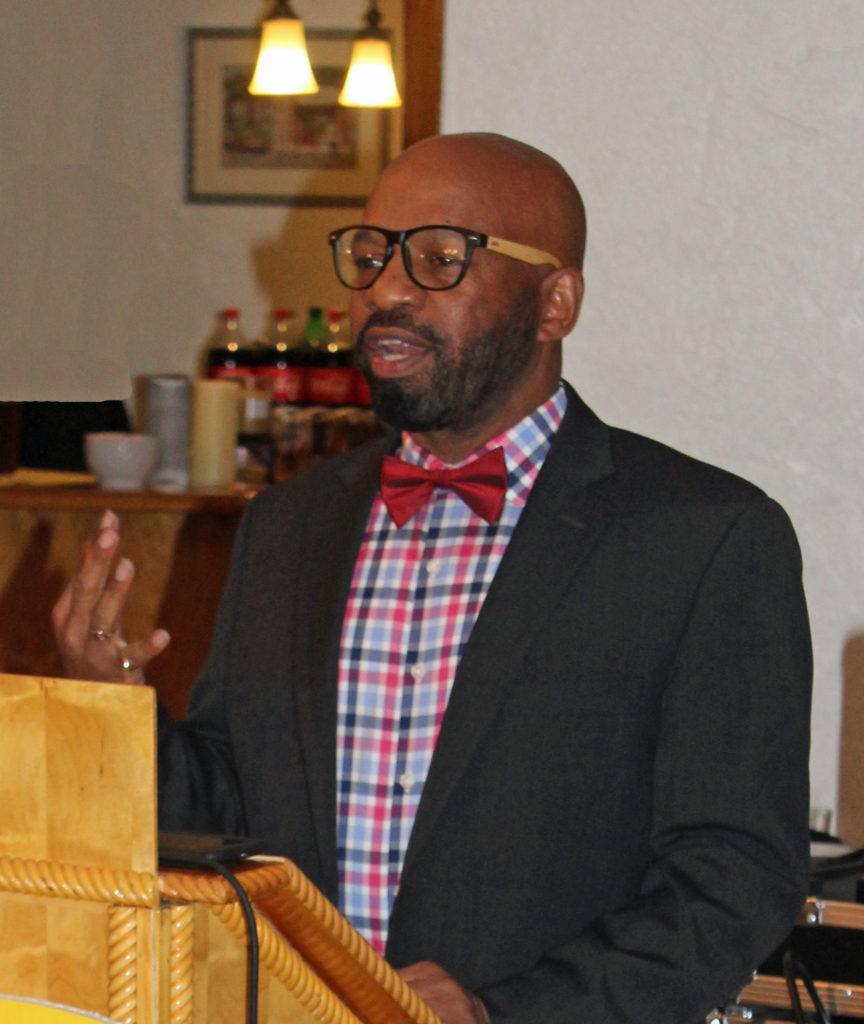
Sunday, February 10, 2019 starting at 1 p.m. followed by a Q&A session and deserts. Admission $10. Tickets available online here or at the door. Proceeds from ticket sales will be added to donations for a headstone to be engraved and installed for Peter Hill.
Keynote: Peter Hill
Peter Hill was one of 11,423 enslaved African Americans residing in New Jersey in 1790. At a young age, Hill learned the craft of making clocks from his master, Joseph Hollinshead, Jr. Requiring metalworking skills, a mechanical mind, and precision handiwork, clock making was a highly-prized skill in early New Jersey and Hill soon demonstrated an ability that equaled that of his mentors. Tall clocks were the biggest, most expensive items in colonial American homes. The comparatively high price of forty dollars made them a commodity only for the wealthy.
His clocks can be found in the New Jersey State Museum, Philadelphia Museum of Art, and the Smithsonian National Museum of American History.

His home and shop was located on High St. nearly opposite us and he rests in our burial ground in an unmarked grave. Donations will be collected for a headstone to be engraved and installed.
Presented by Lynne Calamia, Executive Director at the Arch Street Meeting House in Philadelphia. Since 2013, she has overseen the operation, maintenance, and upkeep of the historic Arch Street Meeting House and burial ground. She holds a PhD in American Studies from Penn State University. Her research focuses on historic preservation and Quaker history topics.
If you cannot attend but would like to support this effort, you can make a donation by check or online. Click here for information, link:
The Underground Railroad in Burlington

The Underground Railroad flourished before the Civil War in Burlington where slaves were first given their freedom in large numbers. This can be attributed in part to the sizeable presence and influence of Quakers, America’s first organized group to speak out against the evils of black bondage.
Presented by Louise Calloway, who opened The Underground Railroad Museum of Burlington County using her own collection of materials and which is now housed in Smithville Park in Eastampton.
The Timbuctoo community in Westampton

Timbuctoo was a stop on the Underground Railroad in Westampton Township, Burlington County that, with the help of the Quakers, was founded as a community in 1820 by freed and runaway slaves. Remaining today are a cemetery that is the resting place for several African American Civil War soldiers and many early residents of Timbuctoo whose markers have long since disappeared. A handful of African American families in Westampton and surrounding areas are descendants of Timbuctoo’s early settlers.
Presented by Guy Weston, M.A., who has been engaged in genealogy research for 25 years, focusing primarily on his maternal ancestors in Timbuctoo, NJ, where his fourth great-grandfather bought his family’s plot in 1829 for $30. He describes this fascinating story in an article entitled Finding Free African Americans during the Antebellum Period, which appeared in the Magazine of the National Genealogical Society in 2015. More recently, in January 2018, the Journal of the Afro-American Historical and Genealogical Society published his paper entitled New Jersey: A State Divided on Freedom, which focuses on Timbuctoo from a historical perspective. His current activities include research to complete the nomination package to list Timbuctoo on the New Jersey and National Registers of Historic Places, and various research and public history initiatives to raise the profile of antebellum free African Americans in New Jersey history.
